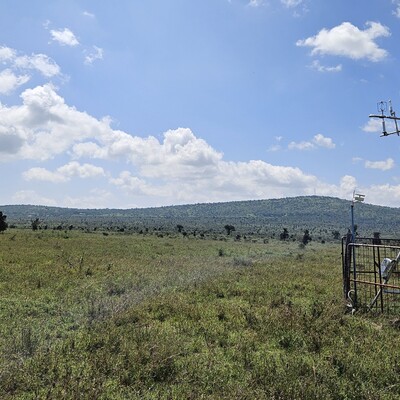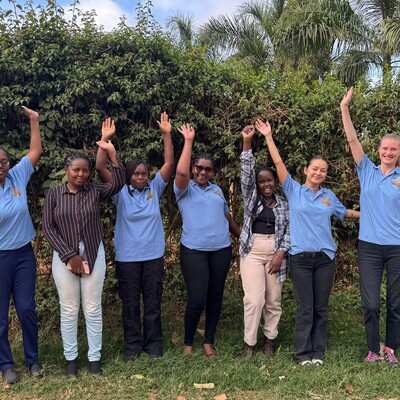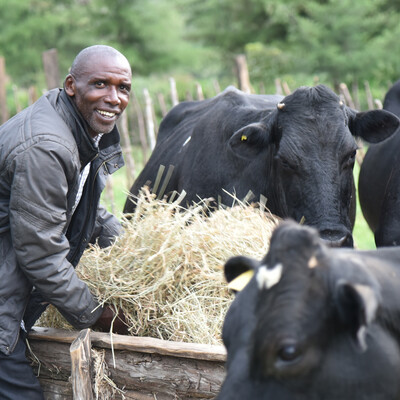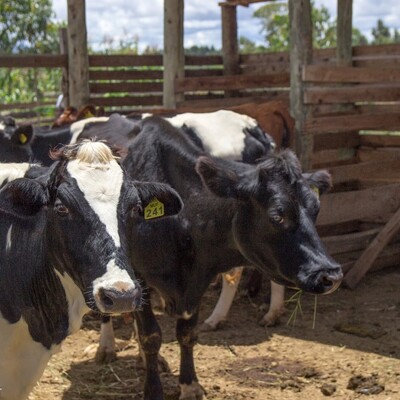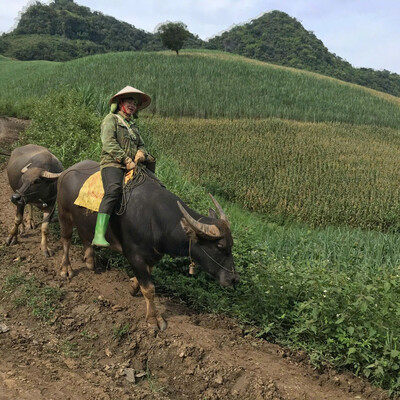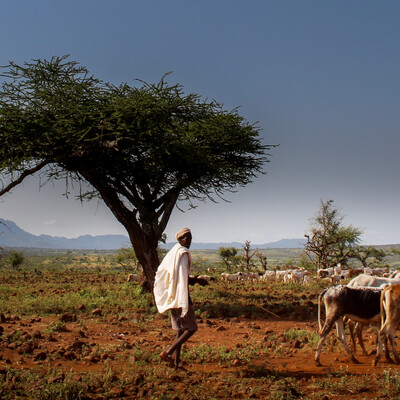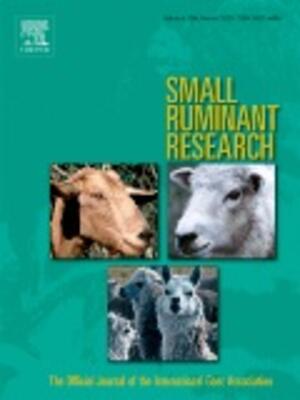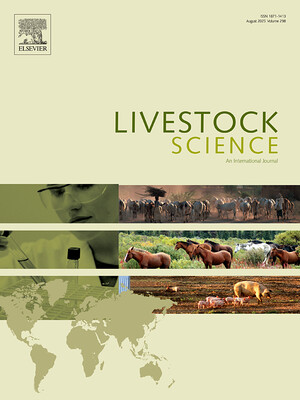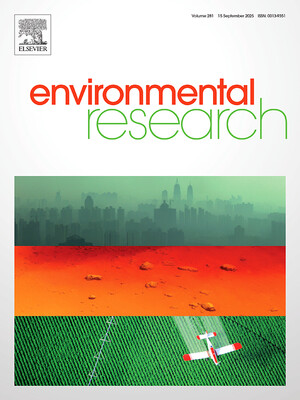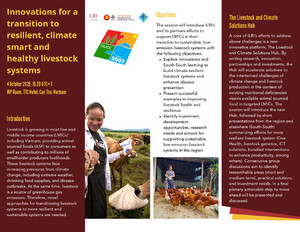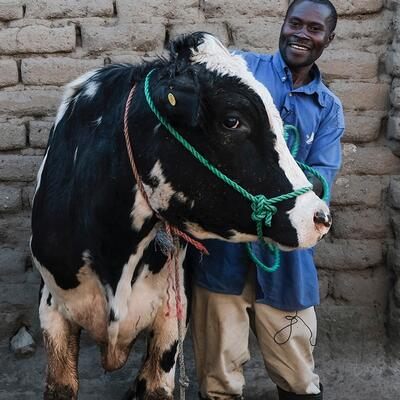
ILRI and ICAR partners conduct hands-on training on reducing methane emissions from livestock
Twenty-two researchers from the Indian Council of Agricultural Research (ICAR) institutes, State Agricultural Universities (SAUs) and Bharatiya Agro Industries Foundation (BAIF) participated in a lecture series and hands-on training program focused on methane emissions in the livestock sector from 26-28 October. The training was co-hosted by the International Livestock Research Institute (ILRI) and ICAR at the National Institute of Animal Nutrition and Physiology (NIANP), Bengaluru.
For the first part of the training, 10 experts from the Netherlands, the USA, Canada, Australia, Japan, Kenya and Thailand and 10 experts from India delivered virtual lectures from 2-12 October 2021 on aspects of rumen methanogenesis including methane quantification, methane modelling, ameliorative strategies, hydrogenotrohy, thermodynamics, molecular and bioinformatics.
During the inauguration, the chief guest S. Ayyappan, chancellor, Central Agricultural University, Imphal; chairman, Karnataka Science and Technology Academy; and director general, Indian Council of Agricultural Research (ICAR), emphasized the development of region- and season-specific methane ameliorative strategies.
Raghavendra Bhatta, director of ICAR-NIANP, presented the training overview and stressed the importance of initiating amelioration in hotspots of enteric methane emissions such as Uttar Pradesh, Rajasthan, Madhya Pradesh, undivided Andhra Pradesh, Mahrasthtra, West Bengal and Bihar with the joint efforts of the researchers in different states.
Polly Erickson, program leader, Sustainable Livestock Systems Program at ILRI, introduced the term climate smart agriculture and explained how this concept can be applied in livestock production. She noted that livestock systems are more complex that crops and spoke about the gender and social equity issues central to climate change adaptation.
Praveen Malik, Animal Husbandry Commissioner, Ministry of Fisheries, Animal Husbandry and Dairying, Government of India applauded the joint efforts of ILRI and ICAR and emphasized the periodical updating of the statewide enteric methane emission inventory developed by the ICAR-National Institute of Animal Nutrition and Physiology, Bangalore and praised the National Technology Commercialization Program, known as the Agnii program, which showcases India’s best innovations for the field validation of the developed technologies by the ICAR institutes and connecting researchers to emerging entrepreneurs.
Habibar Rahman, regional representative for ILRI in South Asia, informed the trainees that research on livestock methane emissions is one of the key research mandates of ILRI in India.
After the training, the participants expressed satisfaction with the program and said that the technology they learned will be utilized in their organization to reduce methane emission. They said they will coordinate with NIANP and ILRI for further collaboration.
The chief guest S. Ayyappan, giving the opening remarks (Photo credit: ILRI).
Habibar Rahman (left), S Ayyappan (middle) and Raghavendra Bhatta (right) releasing the training compendium (Photo credit: ILRI).
Raghavendra Bhatta (left), H Rahman (middle) and Praveen Malik (right) presenting the training certificate of participation to a trainee (Photo credit: ILRI).










